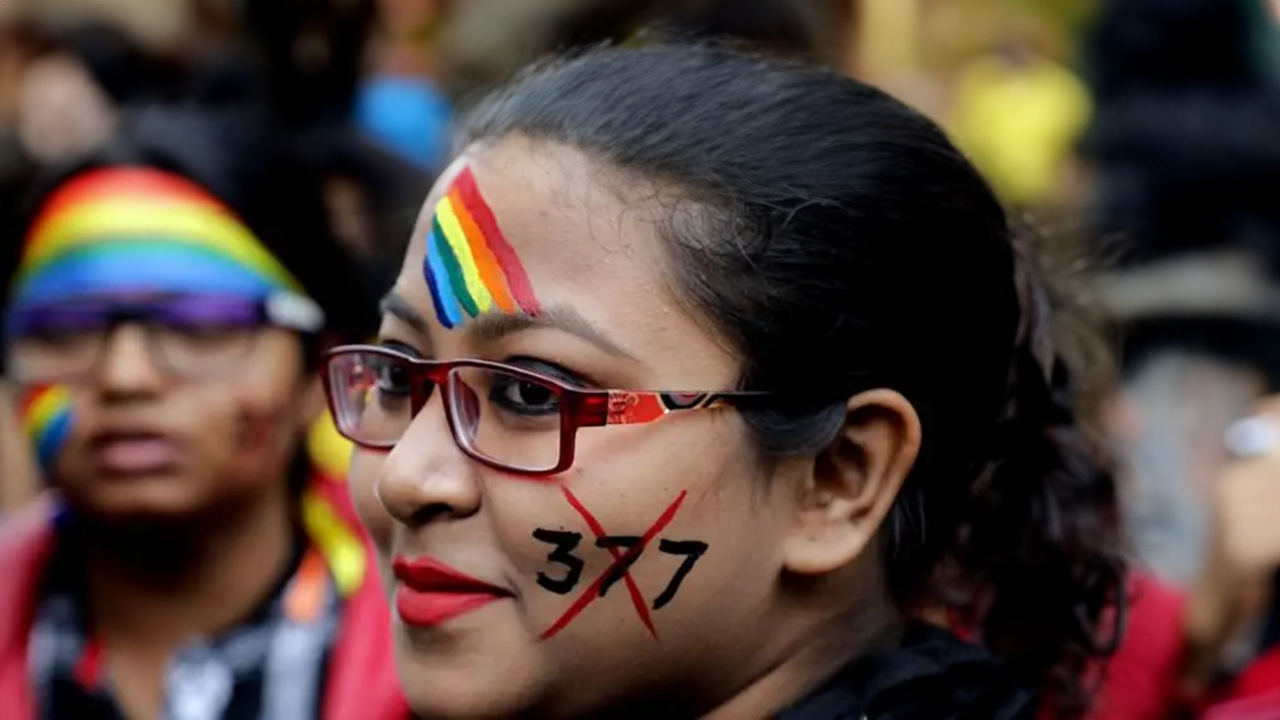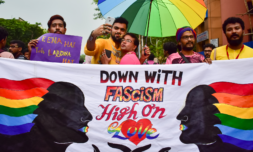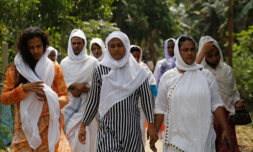As India replaces its colonial-era penal code with the Bharatiya Nyaya Sanhita, a significant oversight has emerged. The repeal of Section 377 leaves men and transgender individuals vulnerable to sexual abuse.
On July 1, 2024, India took a historic step by replacing the Indian Penal Code (IPC) with the Bharatiya Nyaya Sanhita (BNS).
This move, aimed at modernizing and decolonizing the country’s criminal laws, has inadvertently created a significant legal gap. The removal of Section 377 from the IPC, without providing an equivalent provision in the BNS, has left men and transgender individuals without legal protection against sexual abuse.
Section 377 of the IPC, originally introduced during British colonial rule, criminalized ‘carnal intercourse against the order of nature.’ While this section was infamously used to persecute LGBTQ+ individuals, it also served as the only legal provision addressing the rape of men, transgender persons, and sexual acts involving animals.
In 2018, the Supreme Court of India partially struck down Section 377, decriminalizing consensual same-sex relationships. However, the court retained the section’s applicability to non-consensual acts and those involving minors. The complete removal of this section in the BNS, without a replacement clause, has created a legal vacuum that leaves certain groups vulnerable.
Advocate Karuna Nundy explained that the Supreme Court had ‘read down’ Section 377 rather than striking it down entirely. This nuanced approach was intended to maintain legal protections against non-consensual acts while decriminalizing consensual same-sex relationships.
The BNS’s failure to address this distinction has resulted in an unintended consequence that could have far-reaching implications for justice and equality under the law.
Implications for victims and law enforcement
The absence of a provision equivalent to Section 377 raises serious concerns about the ability of law enforcement to address sexual crimes against men and transgender people.
A senior Delhi Police official, who attended training sessions on the new law, revealed that no instructions were provided on handling rape cases involving these groups.
This lack of guidance creates a host of problems for law enforcement. Without clear legal frameworks, police officers may struggle to file and investigate complaints of sexual abuse. This uncertainty could lead to a reluctance to pursue such cases, potentially leaving victims without recourse to justice.
Moreover, the existing legal landscape in India is not equipped to fill this gap. The Protection of Children from Sexual Offences (POCSO) Act covers individuals up to the age of 18, but adult males and transgender persons are left in legal limbo.
The Transgender Persons (Protection of Rights) Act, while addressing some issues faced by the community, does not adequately cover sexual violence.
Senior lawyer Anand Grover points out that India’s rape laws are not gender-neutral. Section 376 of the IPC, which deals with rape, only applies to female victims. With the removal of Section 377 and no equivalent provision, sexual violence against men and transgender individuals effectively becomes a non-offense.
The situation calls for urgent attention from lawmakers to ensure that all individuals, regardless of gender identity, are protected under the law.




















